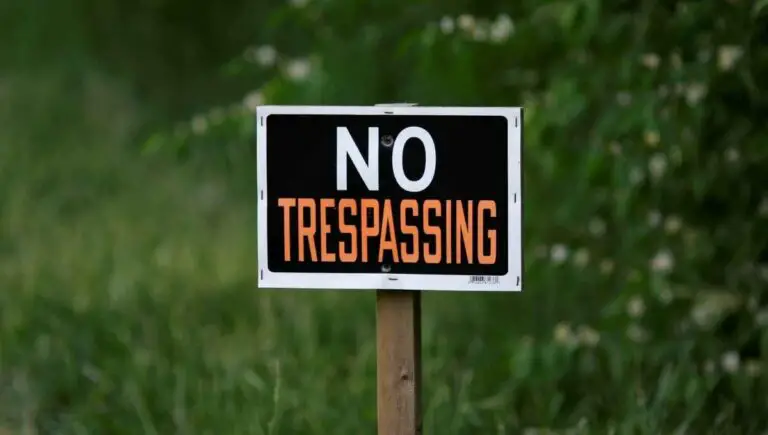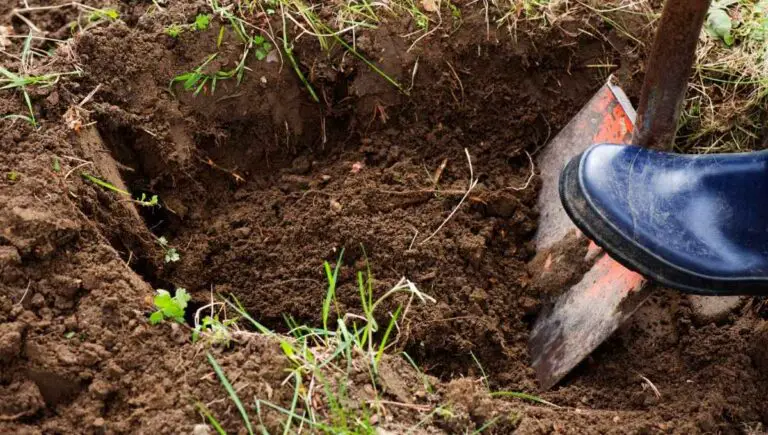Is It Illegal to Sell Food From Home?

If you love cooking or baking (and are actually good at it), you’ve probably been told how good your food is and that you should totally sell your creations. While it may sound like an easy feat, you have to consider the legalities that come with it. Is it illegal to sell food from home?
Selling food from home is not illegal, as long as you meet the standards of the food safety laws in your area. These laws may vary in each state but they usually place limits on the types of food you can sell.
If you’ve been planning to put up a food business that you can run from home, then understanding food safety laws in your area is important to the survival of your business. In this article, we will discuss tips on how you can legally sell food from your house.
Can I Sell Food From My House?
When you are equipped with cooking or baking skills and the right tools, it sounds easy enough to launch a food business straight from your kitchen.
However, selling food from your home will present its own challenges, including costs involved and the legal requirements, which could discourage some potential food marketers.
That doesn’t have to be the case, though. Anyone who intends to start a food business from their house should consider the cottage food laws in their state.
These laws dictate the types of food the seller can offer for sale, where they should be selling them and how much money they should make from them.
So, if your plan is to make money from something you love doing, go for it. You just have to be familiar with the laws so you will avoid hefty fines and facing the court for doing otherwise. The same goes for selling food online and on social media platforms like Facebook Marketplace as well as selling food on Instagram.
Is It Illegal to Sell Food From Your House?
Since there are now cottage food laws in place, it is not illegal to sell food from your house, as long as you respect those laws. In general, you have to remember the following if you want your home-based food business to be legal and a success:
- As a food seller from home, you need to have a food-handlers permit. This permit, which will be discussed more in detail later, will be given to you once you have completed a training course.
- Home-based food sellers cannot offer food that requires refrigeration. This is because foods in this category are more prone to contamination that will cause food-borne illness. Know that cottage food laws usually allow only food products such as baked goods, sauces, candies, popcorn, jams, and jellies.
- Cottage food laws only permit food sales to individuals, at a yard sale or farmer’s market. This means, you shouldn’t sell your food to restaurants and big business establishments.
- As a food seller, it is also your responsibility to label your products legibly, as well as clearly state that the product is made at home. This also means that you should let consumers know through the label that the food has not been inspected.
- There should also be a limit to total sales, the amount of which will vary by state. If your business took flight and you’re earning more than you expected and beyond the limit set by the laws, you may need to comply with commercial food manufacturing laws.
Food Handlers Permit
Even as a home-based food seller, you may still need a permit to operate your small business. In this case, you will need a food handler’s permit or card (also called food and safety certificate).
You can obtain this permit by completing a brief training or course (online or in person) that will test your knowledge on food safety and handling. If you have an assistant at home helping you out, he or she will also need to have the food handlers card.
Types of Food to Sell
There is a limit to the kind of food you can sell from your home-based food business. If you’re unsure, here are three things to keep in mind:
- Food must be shelf-stable
- Food must not require heating
- It can be stored unrefrigerated
In general, you can only prepare and sell low-risk foods, which include dry goods like chips, poporn, granola, and baked goods; some jams and preserves; and coffees and teas. Don’t let these limitations discourage you – there are tons of acceptable recipes using these products.
So what about selling home cooked food to the public or selling dinners out of your home? Is there no hope for such a business? People may be keen on the idea of ordering hot, home cooked meals, but unfortunately, the law prohibits the sale of these food products.
If this is what you really want, a great idea is to rent out a kitchen or take out a loan.
Where to Sell Your Food
Cottage food laws only allow homemade goods to be sold to individuals and at certain venues, such as at a charity event, a yard sale, and farmer’s market. That being said, you cannot sell your goods indirectly to restaurants and other big business establishments.
Still, it pays to do your research on cottage food laws in your state since there are states that do allow indirect selling. For instance, California, Maine and Ohio can let you sell your homemade products to restaurants, groceries, and other retail stores.
Food Labeling
Proper labeling of your homemade goods is still important. You have to be as accurate and detailed when it comes to labeling the products. For instance, some states do require small-scale food entrepreneurs to list down the seller’s name, city, and zip code on the label.
It should also state that the product is made from the home kitchen. And of course, ingredients should and allergen information should also be listed.
Revenue Limits
Since your kitchen creations belong to the cottage food category, this means that the business is meant to be small.
That said, cottage food laws put limits to sales volume per year and if you go beyond that, you’ll be better off registering your business as a sole proprietor business or LLC, or even bigger than that.
If you find yourself hitting beyond the limit, that’s good news, though. There are cottage food sellers that have had their successes and branched out to better opportunities.
Who knows? Your simple home based food business idea might just work and will transform to a licensed commercial business operation.
Do I Need a License to Sell Food From My Home?
Even as a food seller from home, getting the right license is important. As previously discussed, the food handlers permit is one of those permits you should get but more than that, there are other licenses or certifications to get to be on the safe side.
- Depending on where you live, your home business may need to be registered with the state before you can move forward with selling food from home.
- Obtain a permit from your county to make sure that your home kitchen abides by the zoning requirements. If your kitchen was not awarded the permit to sell food from home, you might consider renting out a commercial kitchen space.
Helpful Tips Before Starting Your Home Based Food Business
Now that we’ve covered the legal requirements of selling food from home, here are some tips on how you can kickstart your small business:
- Make food that you and your family enjoy – Since you may already have your first patrons – your family – you may have confidence in selling your creations. And if it doesn’t work out with your potential customers, then the family will have extra food.
- Tweak your recipe – it’s a good idea to offer samples to your friends or even at a yard sale so you can get feedback from customers. You can then alter your recipes to their liking.
- Use social media – the great thing about promoting small businesses these days is that they can easily reach potential customers through social media. Use it to your advantage and spread the word about your goodies
- Price it right – Don’t undervalue yourself and your kitchen skills. Be smart about setting the price for your homemade goods.
- Garden growers – If you’re interested in selling preserves and pickles, why not grow your own garden of fresh berries and cucumbers. People will love the idea that your products are fresh from your garden.
Conclusion: Is It Illegal to Sell Food From Home?
Public health is a serious concern, which is why cottage food laws are being placed. These laws will help avoid serious health risks such as food poisoning by making sure home cooks adhere to food safety and handling.
The thing with food made in home kitchens is that they are not supervised, hence, the need for licensing, permits, or certification.
The good news is that it’s not illegal to sell food from home. Anyone who wants to start this business can do so as long as they follow the laws and know how to sell homemade food legally.






